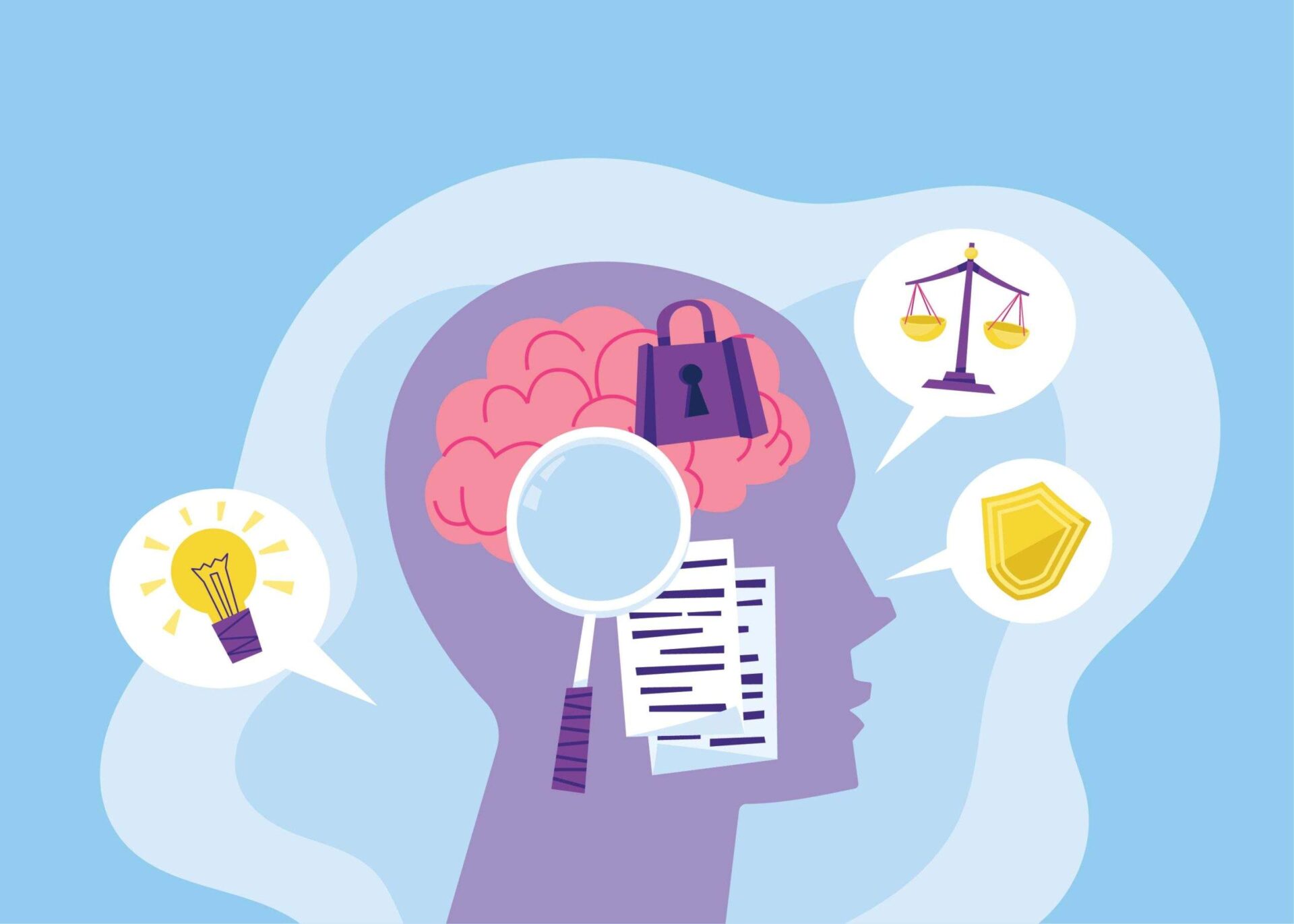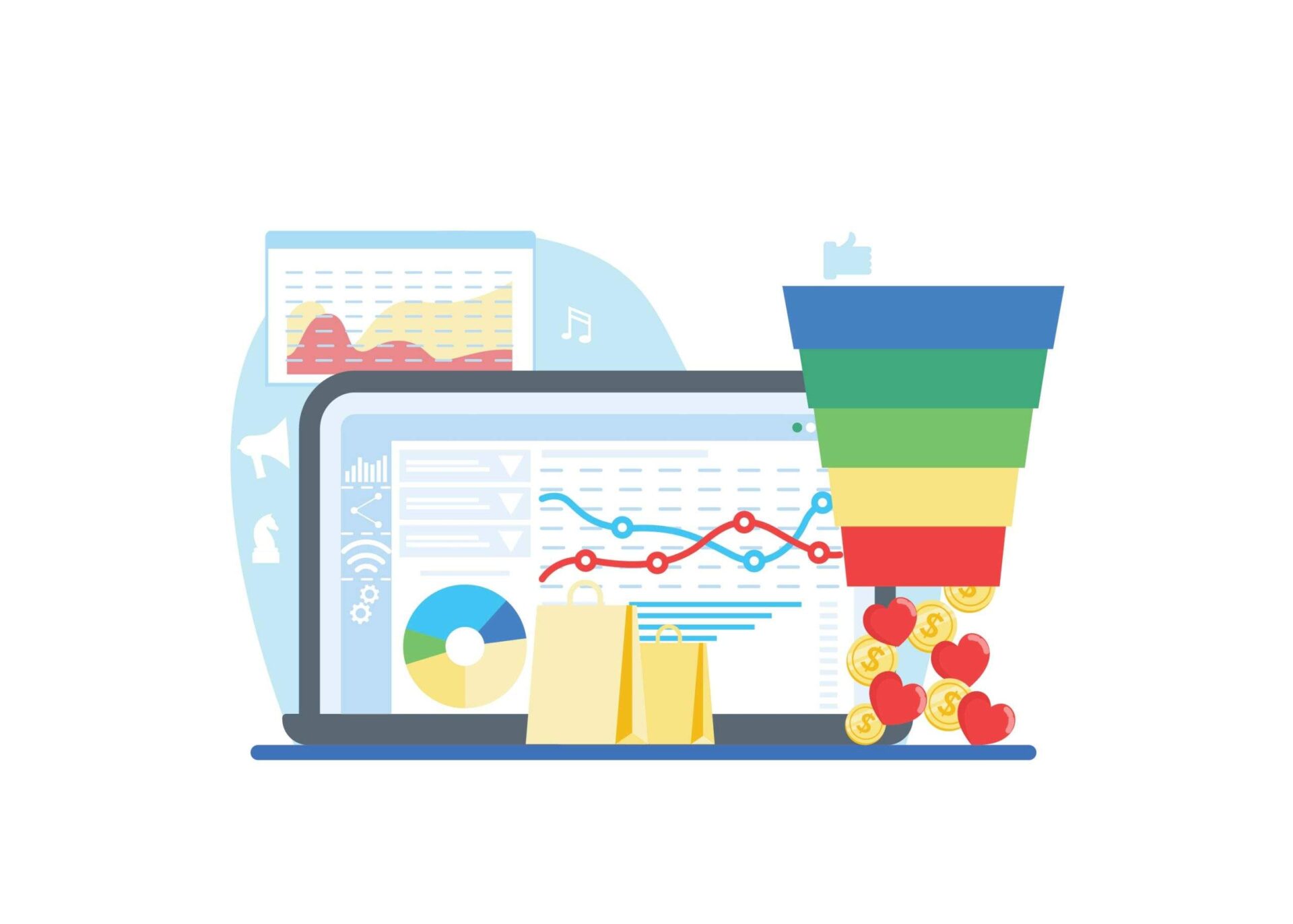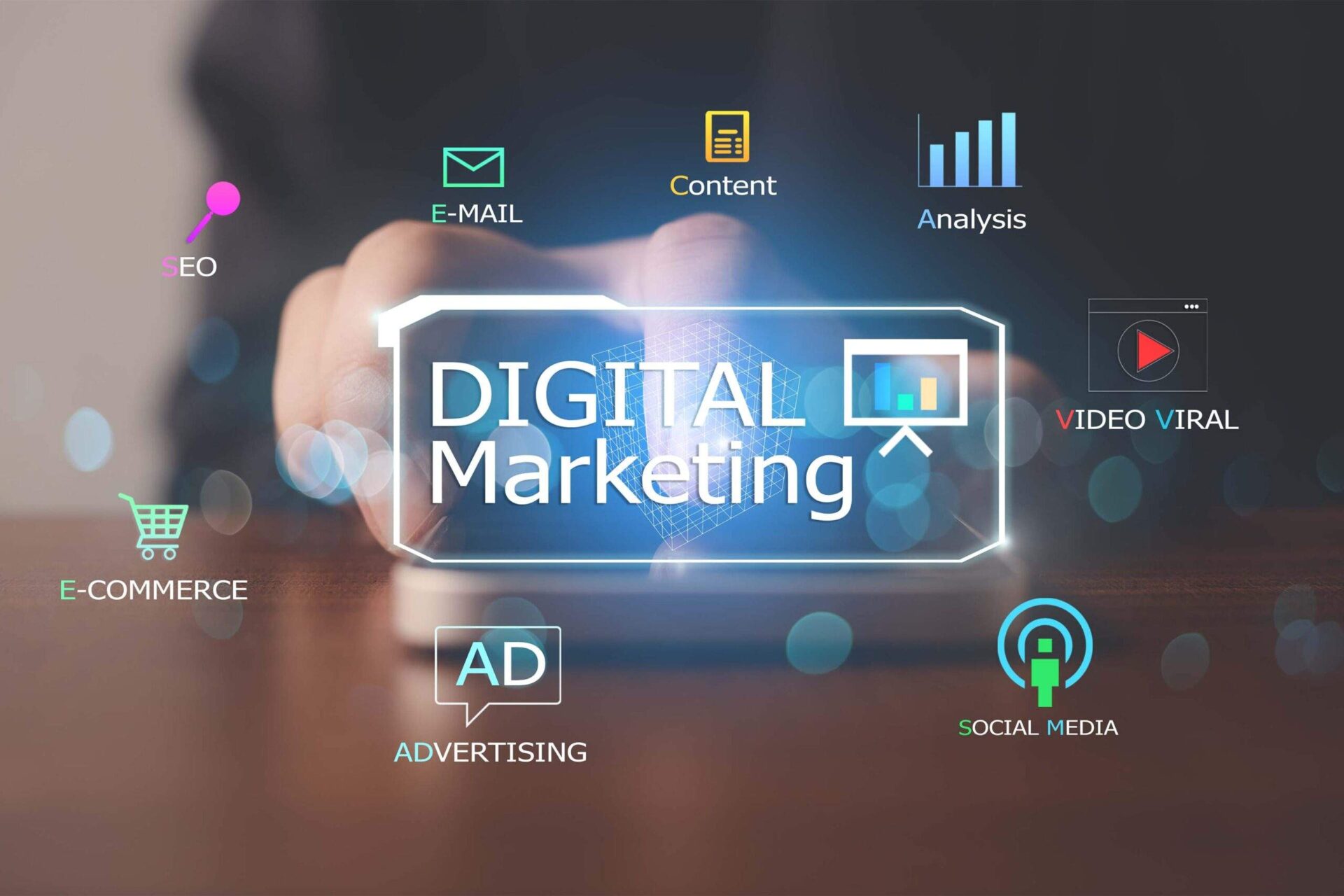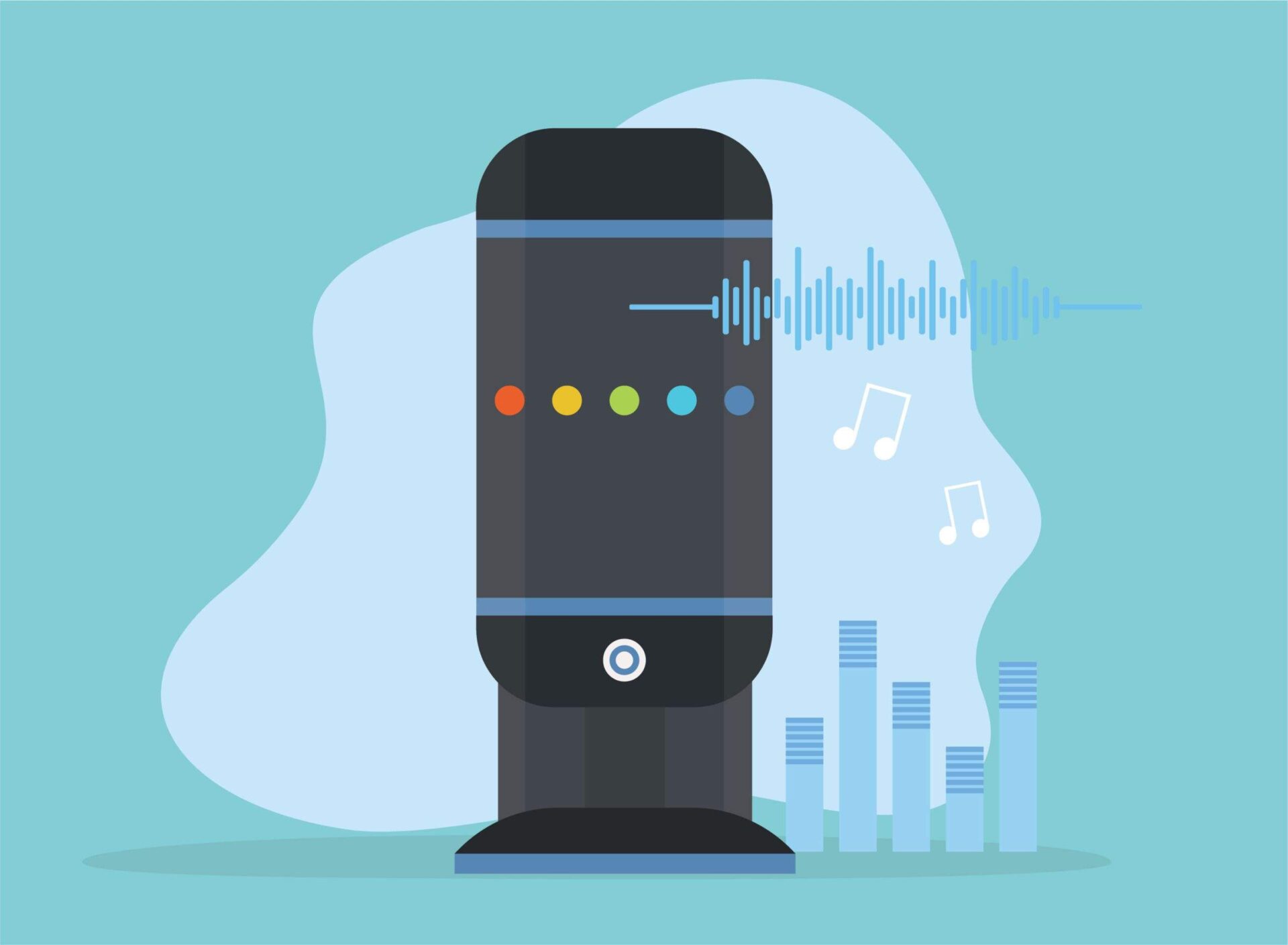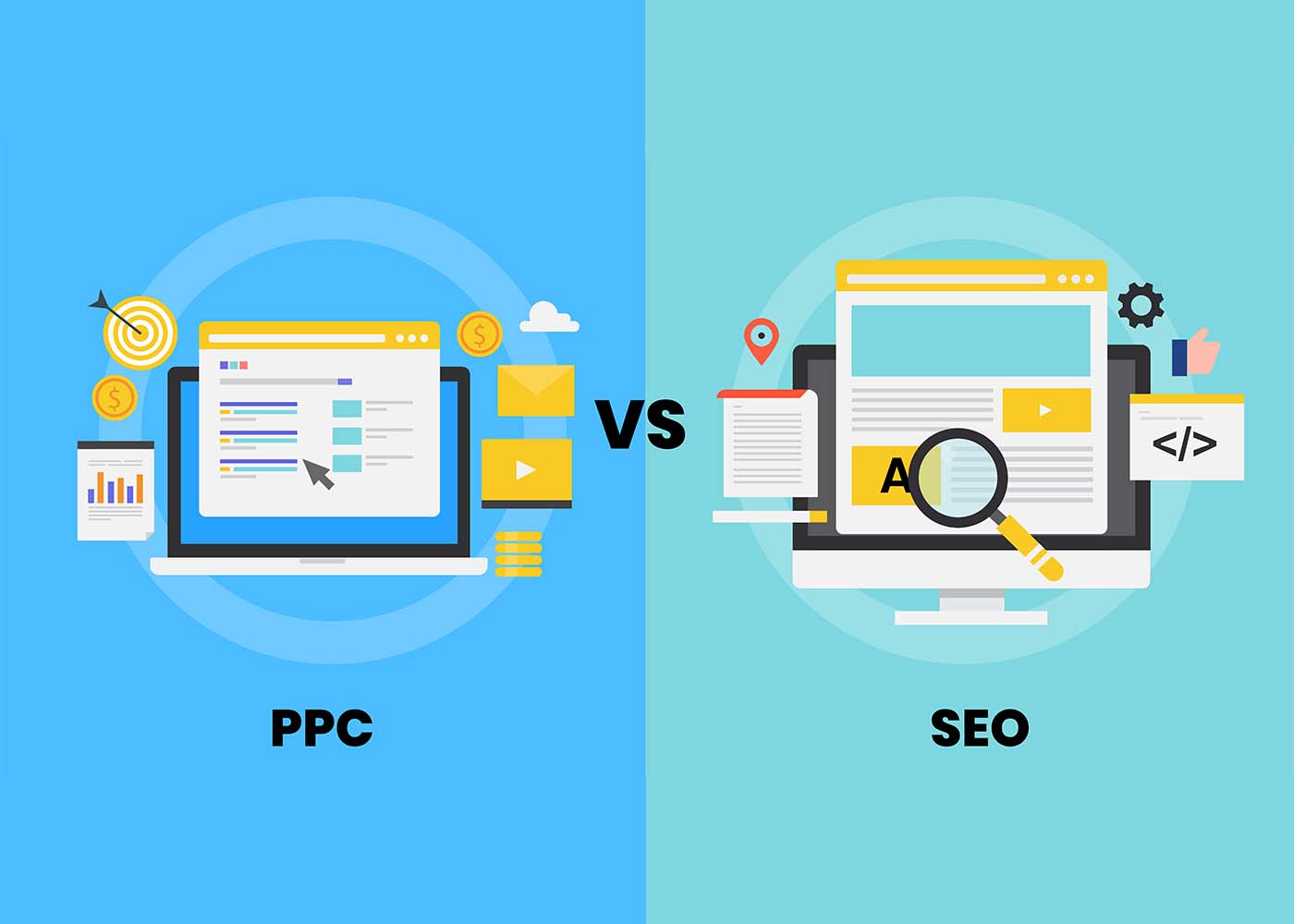The digital age has brought us lots of new opportunities in terms of marketing and gaining insight into consumer behaviors. Online and social media platforms provide unparalleled access to target customers, with countless insights awaiting discovery for those willing to put in the effort. Likewise, having an understanding of psychology can make or break a brand’s efforts when it comes to reaching an engaged audience. In this blog post, we will explore how modern marketing techniques leverage the power of psychology to understand consumer behavior online. By combining established psychological principles with current trends and technological advancements, savvy marketers can unlock hidden value in digital campaigns that drive results.
What is Consumer Behavior And Why Does it Matter to Digital Marketers
Simply put, consumer behavior is the study of how people make decisions when it comes to purchasing products or services. By diving deep into the psyche of consumers, we can better understand their motivations, preferences, and habits. This knowledge enables us to create more effective marketing strategies that target our audience with greater precision. In today’s highly competitive digital marketplace, knowing what makes consumers tick is no longer optional – it’s crucial to the success of any marketing campaign. With the right data and analytical tools at our disposal, marketers can gain valuable insights into consumer behavior and use that knowledge to craft compelling messages that resonate with their target audience. Ultimately, understanding consumer behavior is one of the most powerful tools that digital marketers have at their disposal.
Understanding Consumer Motivations – The Psychology Behind Purchasing Decisions
A purchase decision can be influenced by a variety of factors such as lifestyle, culture, and personal beliefs, to name a few. It is important for businesses to recognize the driving forces behind consumer behavior in order to tailor their marketing strategies and ultimately increase their sales. Through the application of consumer psychology, businesses can gain insight into the consumer mindset and identify key motivators such as needs, wants, and desires. The challenge for marketers is to tap into these motivators in a way that is ethical and meaningful to consumers. By understanding consumer motivations, businesses can build a stronger connection with their audience and foster loyalty that goes beyond a simple transaction.
Analyzing the Six Factors Affecting Consumer Decision Making
Consumer decision-making is an intricate process that involves several factors. To comprehend consumer decision-making, it is vital to analyze all six factors that affect it. These six factors are cultural, social, personal, psychological, situational, and economic.
- Culture is the shared values, beliefs, and practices that affect consumer choices.
- Social includes the influence of family, friends, and other groups.
- Personal factors consider aspects such as age, income, and lifestyle.
- Psychological factors examine the motivation, perception, attitude, and learning of consumers.
- Situational factors examine the context of when a decision is made.
- Finally, economic factors include the consumer’s income, prices of goods, and availability of credit.
It is essential to analyze these six factors fully, to understand how consumers make decisions and to develop marketing strategies that take these factors into account.
Examining the Role of Cognitive Bias in Online Shopping Habits
Cognitive biases are mental shortcuts that we rely on to make decisions quickly, but they can also lead us down the wrong path. One common bias is the bandwagon effect, where we may purchase something simply because others have done the same. Another is confirmation bias, where we seek out information that confirms our pre-existing beliefs about a product. These biases can lead us to make purchases that may not be the best for our needs or budget. As experts in the field, it is important to examine how cognitive biases may influence our online shopping habits in order to help consumers make an effective digital marketing strategy.
Examining the Role of Brand Image in Consumer Purchasing Habits
Consumers are bombarded with products and services every day, and they often choose one brand over another based on their perception of the company. This perception can be influenced by a variety of factors, including the brand’s reputation, advertising campaigns, and overall aesthetic appeal. When consumers feel a connection with a brand, they’re more likely to choose it over its competitors, even if it’s slightly more expensive or less convenient. As a result, companies that invest in developing a positive brand image can often see a significant impact on their bottom line.
The Influence of Social Media on Consumer Behavior
From scrolling through news feeds to engaging in conversations with friends and family, social media has revolutionized the way we communicate and connect with others. However, the influence of social media extends far beyond just our personal lives. It has significantly impacted consumer behavior and the way businesses market their products and services. With the rise of social media influencers and the ability to target specific audiences, social platforms have become a powerful tool for businesses to reach and engage with their target consumers. As a result, consumer behavior has shifted, and social media now plays a crucial role in purchasing decisions.
Analyzing the Effect of Online Reviews on Consumers’ Perceptions
Online product reviews can determine whether a product or service is deemed trustworthy or not, and can significantly impact a consumer’s perception of a brand. This is because consumers are often more likely to trust the opinions of other consumers over the advertising claims of a company. Therefore, it is essential for businesses to understand how to manage and respond to online reviews in order to maintain a positive reputation and attract more consumers. By analyzing the effect of online reviews on consumers’ perceptions, companies can gain insight into the preferences and needs of their target audience and shape their marketing strategies accordingly.
Looking at User Experience and Design as Psychological Tools
Good design can also be used as a psychological tool to influence behavior and emotions. By thoughtfully considering the user’s experience, a digital marketing agency along with the designer, can help create engaging interfaces that lead to better engagement and increased brand loyalty. When we view design through the lens of psychology, we can create products that are not only functional but also satisfying and emotionally fulfilling for the user. From the colors we choose to the layout of our interfaces, every design decision can have a huge impact on the user’s experience. Overall, designing with psychology in mind can help create meaningful connections between users and the products they use every day.
Putting it All Together – Developing an Effective Digital Marketing Strategy that Acknowledges Consumer Psychology
The world of digital marketing is constantly evolving, and developing an effective strategy that truly resonates with your target audience can be a daunting task. However, understanding the principles of consumer psychology can make all the difference. By delving deep into the inner workings of your customer’s minds, you can create a strategy that taps into their emotions, desires, and needs. This approach allows you to tailor your messages to the right people, at the right time, and through the right channels. And with the right combination of creativity, data analytics, and emotional intelligence, your digital marketing strategy can captivate your audience and ultimately drive business growth. So, if you want to stay ahead of the game in today’s digital landscape, it’s time to put it all together and embrace the power of consumer psychology.
Conclusion
Ultimately, the way that consumers behave online and the motivations behind their decisions are complex and multifaceted. As digital marketers, it’s essential to have an understanding of consumer psychology to develop effective marketing strategies. By analyzing these key factors, such as consumer motivation, brand image, and overall user experience, digital marketers can gain a better insight into how people think when making online purchases and use this knowledge to craft campaigns that optimize results. With a combination of psychological tactics and technological advancement, successful digital marketing strategies will become even more effective in the years to come. And by always keeping the end-user in mind and understanding their needs, preferences, and buying habits you can ensure your next campaign resonates with your target audience to drive lasting success.













